One of the earliest findings from studying COVID-19 patients had shown that in severe cases, the patients have lung exudates and alveolar plugs, which is like a clear jelly that makes the lungs look like those of a person who died of drowning. However, it was unknown where the jelly originated from.
Now, a group of researchers at the Umea University, Sweden claim that this gel is made up of a polysaccharide (sugar) called hyaluronan, which is normally found in the extracellular matrix (a meshwork of various molecules that surround and support body cells).
The findings of the study, published in the Journal of Biological Chemistry , may help find a new treatment for COVID-19 that targets the increased hyaluronan in the lungs.
Hyaluronan
Hyaluronan (HA), also known as hyaluronic acid, is a sugar that performs various functions in the body. It cushions and lubricates body cells and tissues and is present abundantly in the eyes, joints and heart valves. Hyaluronic acid plays an important role in maintaining tissue homeostasis and activating various regulatory pathways involved in wound healing, tumour progression and inflammation.
A single molecule of HA can absorb up to 1,000 times more water than its molecular weight, which can lead to edema.
It has previously been suggested that hyaluronan may be involved in the pathogenesis of severe COVID-19 but no study has verified the link so far. Inhalation of hyaluronidase (an enzyme that breaks down HA) has also been proposed for the treatment of the disease. However, the treatment could not be used without establishing the presence of HA in the lungs.
The latest study
For the latest research, the scientists studied the autopsy lung tissues from three COVID-19 patients with severe disease and compared it with lung tissue samples from healthy people.
The samples were stained to check the presence of HA and it was indeed found in the exudates, plugs and in the thickened perialveolar interstitium (supportive tissue in lungs around the alveoli or air sacs) in severe COVID-19 patients. HA was only found in the intact alveolar walls and perivascular (around the blood vessels) tissue in healthy people.
A new possible treatment
In the study, the authors stated that the presence of HA in the lungs of patients with severe coronavirus infection points to a possible pathological mechanism behind hypoxia and respiratory failure seen in such patients.
Since the researchers have found HA in the lungs of severe COVID-19 patients, they proposed that these patients may be given hyaluronidase early in the disease to help clear out HA from the lungs while hypoxia is still developing.
As per a news release by the Umea University, hyaluronidase is already being used for various beauty treatments including lip augmentation and correcting wrinkles. A drug called hymecromone that can slow down the production of hyaluronan is being used to treat conditions like gallbladder attacks.
The authors added that cortisone (steroid drug), proposed for the treatment of severe COVID-19 for their general anti-inflammatory properties, can also break down hyaluronan - which may be why they are so effective.
For more information, read our article on COVID-19 .
Health articles in Firstpost are written by myUpchar.com, India’s first and biggest resource for verified medical information. At myUpchar, researchers and journalists work with doctors to bring you information on all things health.


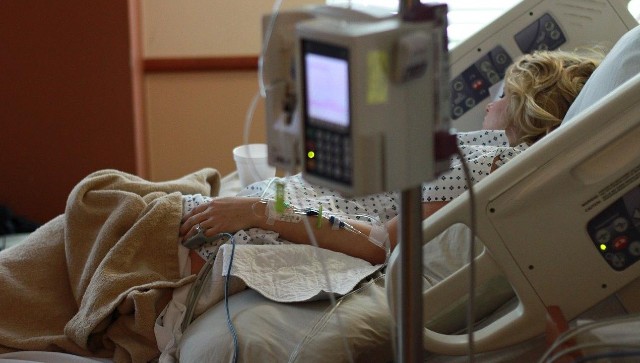)




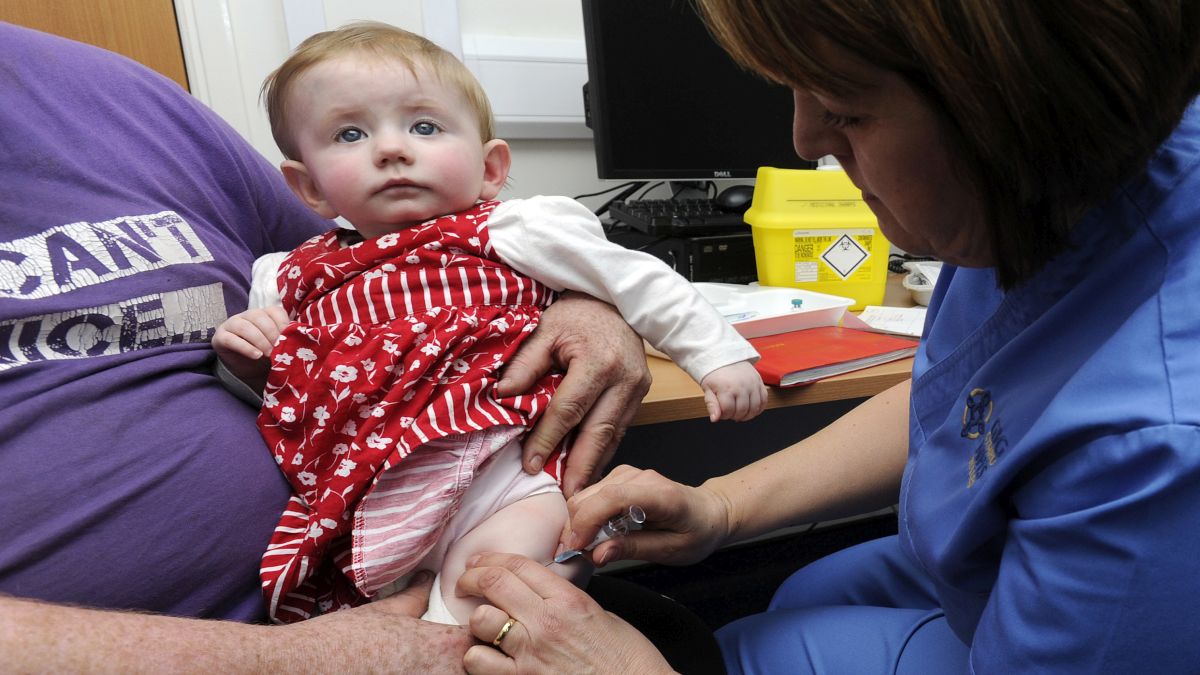)
)
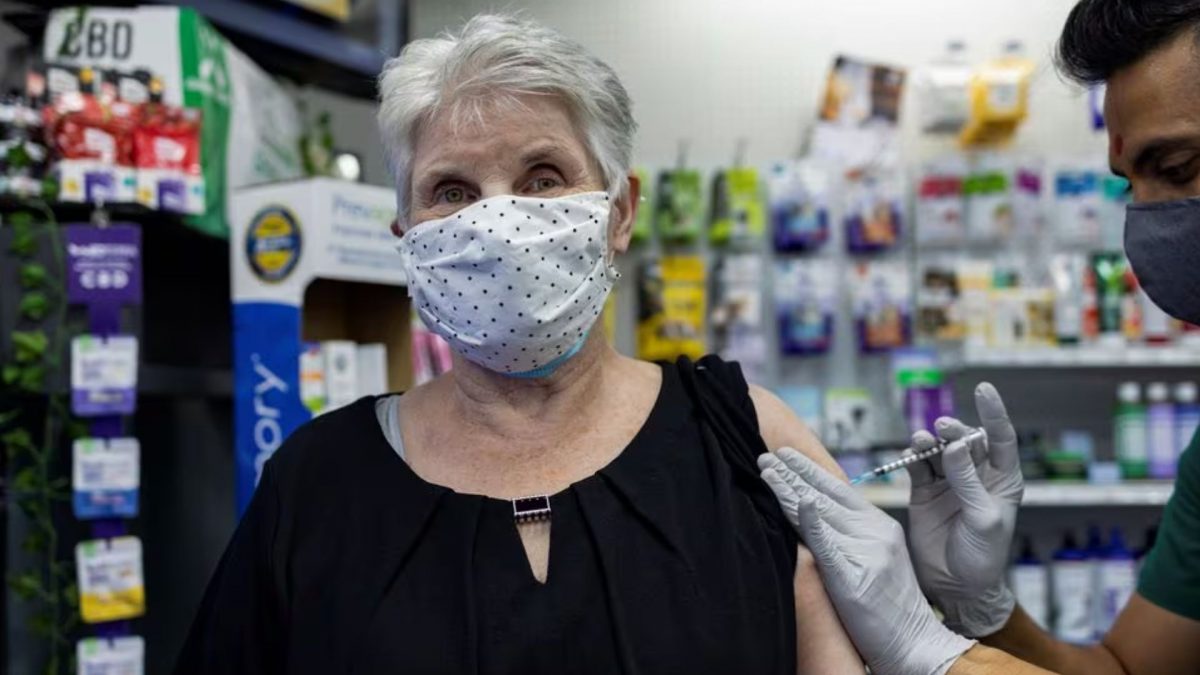)
)
)
)
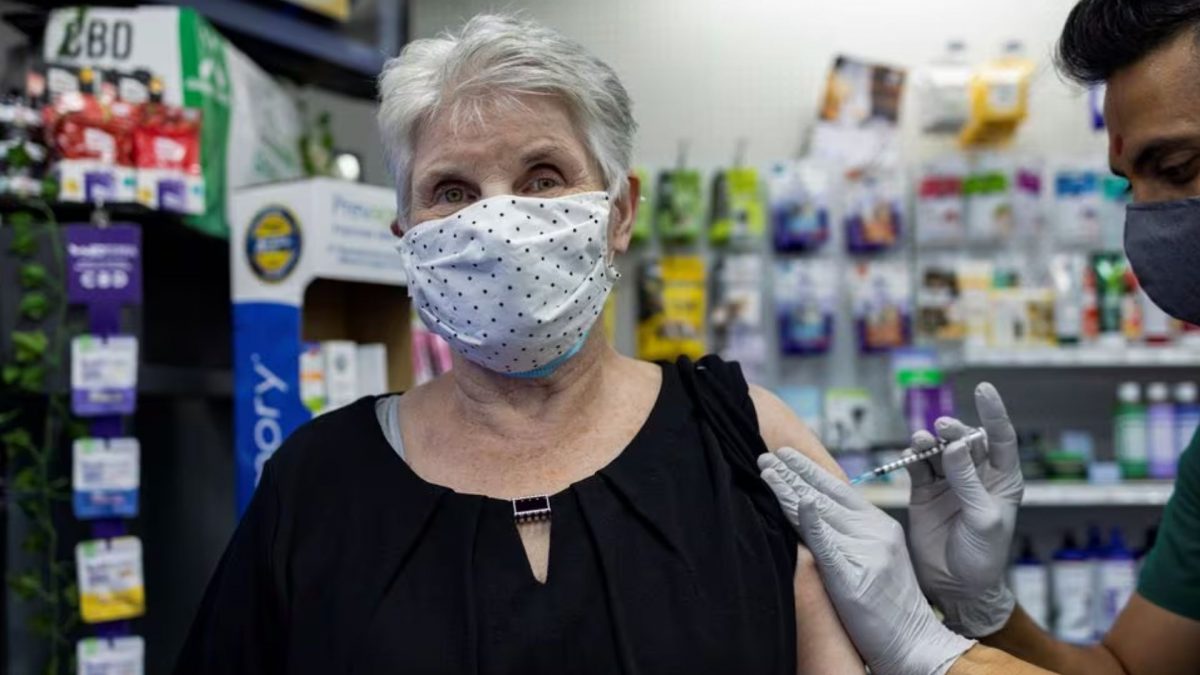)
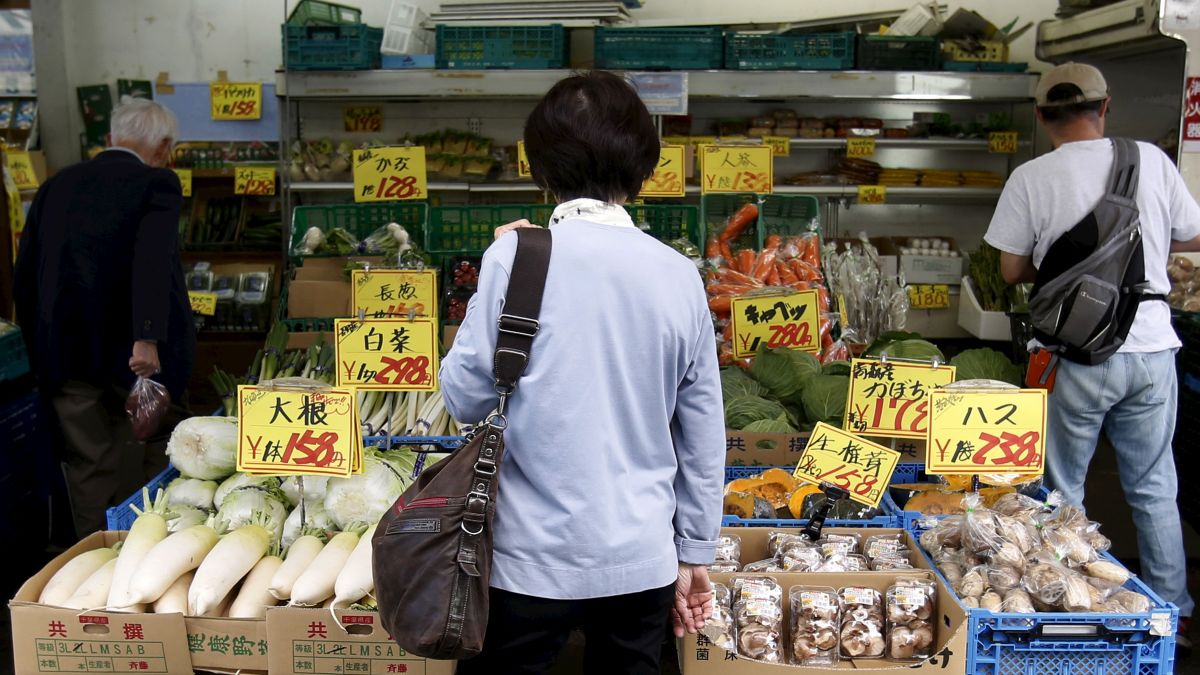)